The travel industry is highly competitive, and one of the best ways to attract and retain customers is to provide them with a personalized experience where they are treated as individuals. Personalization marketing is one of the best ways to achieve this because it means marketing content is more tailored and relevant. In this post, you will learn more about personalization marketing and discover five ways it can be used within tourism.
Table of Contents
- What Is Personalized Marketing?
- What Are the Benefits of Personalized Marketing?
- 5 Ways Personalized Marketing Can Be Used in the Travel Industry
- Want to Learn More About Personalization Marketing?
What Is Personalized Marketing?
In simple terms, personalization marketing refers to a strategy where promotional content is delivered more individually. This kind of marketing aims to communicate with customers, or potential customers, on a more personal level, rather than targeting them with more general content, which may not be relevant.
Typically, the process of delivering more personalized marketing relies on the collection and analysis of data, as well as the use of digital automation technology. The data may be collected from web browsing activity, user profiles, previous interactions, and other sources, depending on the situation. Success usually requires an effective algorithm for distributing the right content to the right people in the right format at the right moment.
Video: Personalisation Marketing Explained by Dell
What Are the Benefits of Personalized Marketing?
A major benefit of personalization marketing is the ability to provide users with content that is more relevant to their circumstances and preferences. This reduces the amount of irrelevant promotional content displayed to users and ensures marketing expenditure is more efficient.
According to Personalization Marketing Statistics by Statista, 51% of marketers say that personalization marketing improves customer experience.
Another benefit of personalized marketing in the travel and tourism industry is an improved user experience, while more personal communication can also increase brand loyalty and return customers. Moreover, personalized marketing efforts can help to improve cross-channel consistency.
Table: Benefits & Examples of Personalized Marketing in the Travel Industry
5 Ways Personalized Marketing Can Be Used in the Travel Industry
There are many ways marketers can employ personalized marketing techniques. Below are the five most common examples.
1. Tailored Recommendations
One way for travel industry companies to use personalization marketing is through tailor-made recommendations before or during the booking process. This can be achieved in several ways, such as collecting data from previously booked trips or using an AI chatbot to establish basic preferences.
From there, customers can be presented with intelligent recommendations regarding hotels, the room size they should opt for, or rooms best suited to their budget. Of course, recommendation data can also target customers through email, SMS, social media, and other channels, increasing the likelihood of bookings.
2. Social Media Marketing
Another area where personalization marketing is commonplace is through social media, where interactions are often designed to feel more personal. Facebook, in particular, offers a range of tools for targeting specific users through advertising, while personalization can also be achieved in other ways.
For example, businesses can respond to comments, addressing questions or complaints. Done right, this can serve as effective marketing, and this also opens up the potential for the brand to display a more human and even humorous side. Messages, event invites, and other promotional content can be sent using complex algorithms.
3. Targeted Emails
Perhaps the most obvious way those within the tourism industry can use personalization marketing is through targeted emails. Using data, it is possible to send specific marketing emails to customers who meet certain conditions, making them more relevant. At the same time, mailing lists mean each customer can be addressed by name. According to the State of Marketing Report by HubSpot, 72% of marketers find personalized emails as one of the top email marketing strategies.
Additionally, emails can be automatically sent to target customers opportunistically. For instance, a hotel might send a marketing email on a customer’s birthday, encouraging them to treat themselves to a trip or send an email close to the anniversary of a previous stay, encouraging the customer to do the same again.
4. Personalised Text Messages
For hotels and travel companies, marketing messages do not need to stop once the guest has arrived. One of the best ways to target them personally is through text messages after arriving. Again, as with emails, these messages can be addressed personally and targeted toward specific customers.
For example, guests staying for a week can be sent a message promoting an event in five days’ time, while guests checking out before then can be spared the irrelevant message. Moreover, geographical targeting can send messages to people visiting certain locations or passing through certain hotel parts.
5. Remarketing Campaigns
Finally, through services like Google AdWords, it is possible to target adverts towards online users who have previously interacted with a business in the travel industry, such as by visiting their website, clicking on an online ad, or interacting with them in some way over social media platforms like Facebook.
There are many advantages to this kind of personalization marketing, including the assurance that marketing budgets are being spent on people with some degree of interest in the business. It can also serve to remind people who may have been casually browsing a hotel website, to get them to make a booking.
Personalization Marketing for Travel Industry FAQs
Personalization marketing can be highly beneficial for those in the travel industry, helping to deliver more relevant promotional content and improve the customer experience. As a result, it can help hotels and other tourism companies secure more bookings and generate a greater level of customer loyalty.
Want to Learn More About Personalization Marketing in the Travel Industry?
Marketing plays a crucial role in helping businesses to maximize bookings and revenue. It is the main way businesses can reach out to potential customers, conveying their unique selling proposition and brand values. In the following articles, you will find more essential marketing strategies and tips for the travel industry:
- The Latest Travel Marketing Tips to Optimize Your Results
- Google Travel Insights: Tools & Data Trends for The Hospitality & Travel Industry
- City Marketing Strategies to Attract More Travelers
- Destination Marketing Strategies to Attract More Visitors
- Country Marketing Strategies to Attract More Tourists
More Tips to Grow Your Business
Revfine.com is the leading knowledge platform for the hospitality and travel industry. Professionals use our insights, strategies, and actionable tips to get inspired, optimize revenue, innovate processes, and improve customer experience.Explore expert advice on management, marketing, revenue management, operations, software, and technology in our dedicated Hotel, Hospitality, and Travel & Tourism categories.
This article is written by:
Hi, I am Martijn Barten, founder of Revfine.com. With 20 years of experience in the hospitality industry, I specialize in optimizing revenue by combining revenue management with marketing strategies. I have successfully developed, implemented, and managed revenue management and marketing strategies for individual properties and multi-property portfolios.

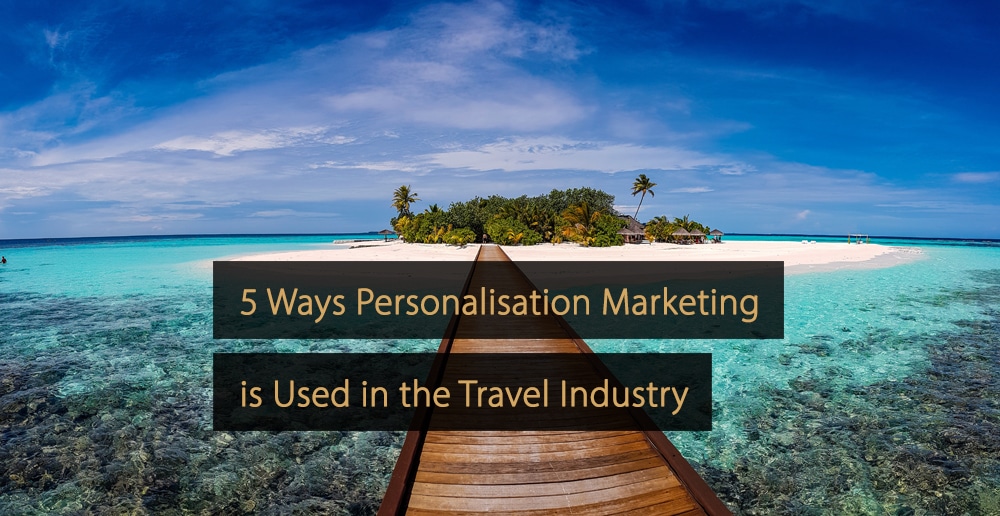

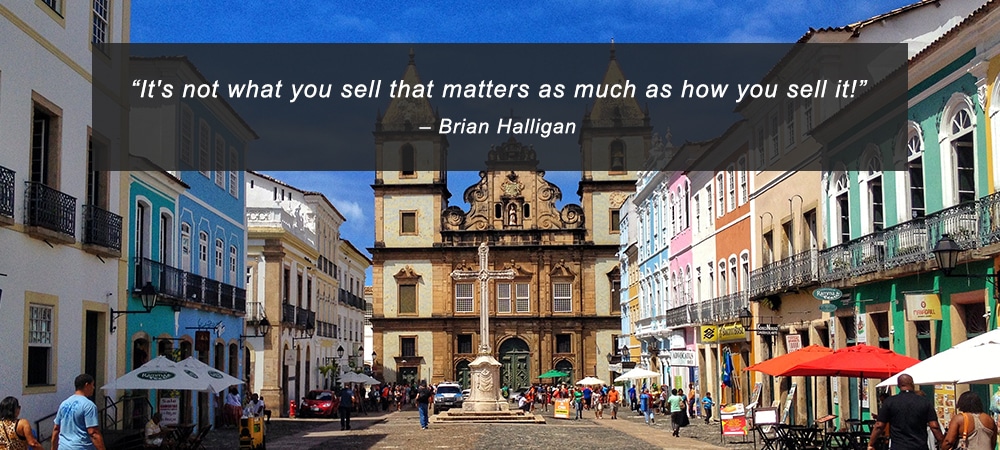

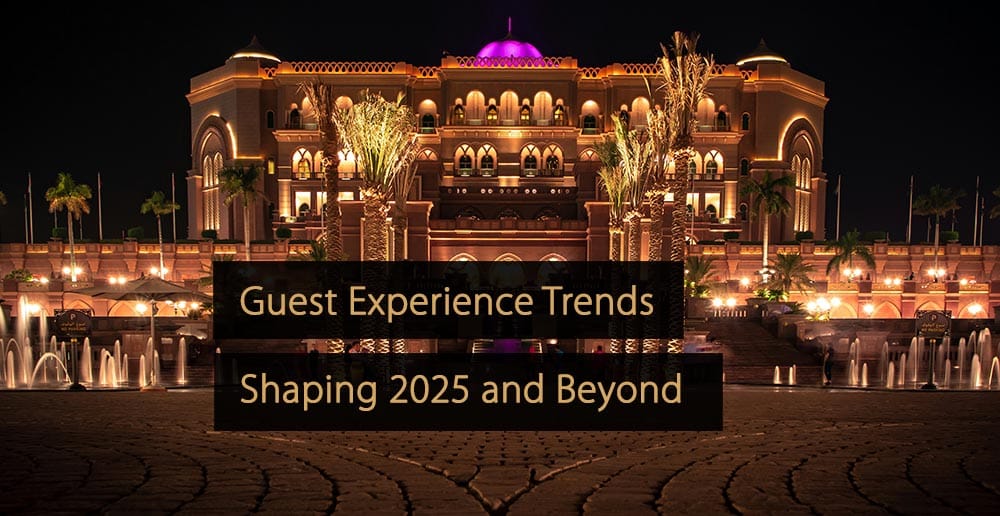
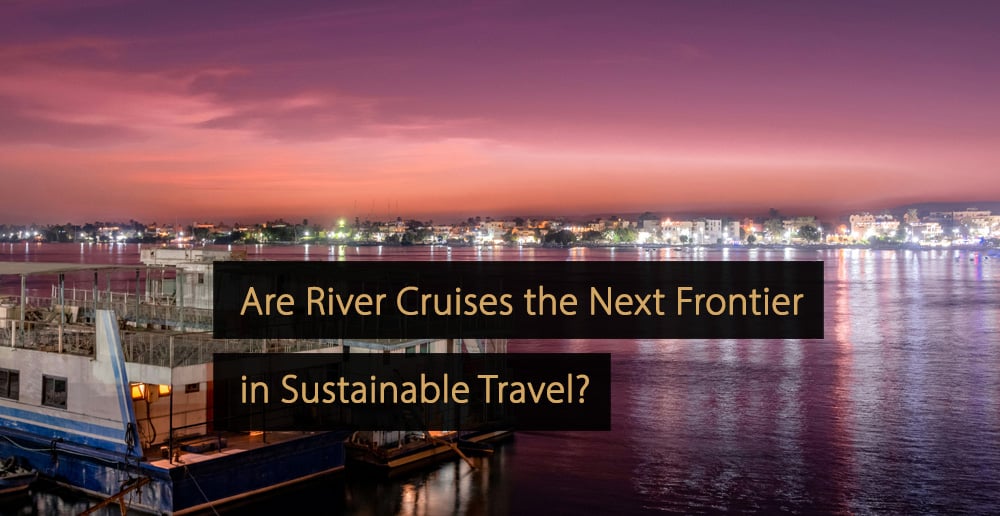
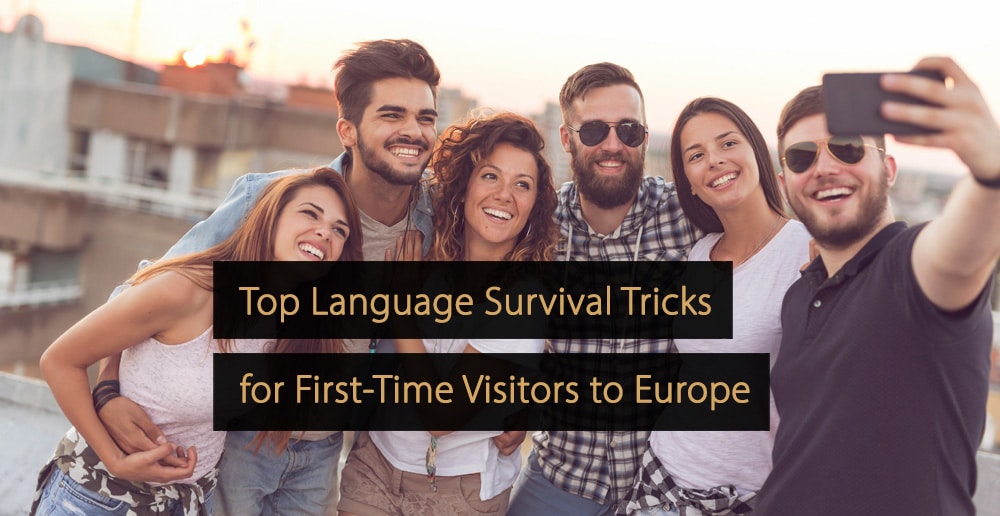
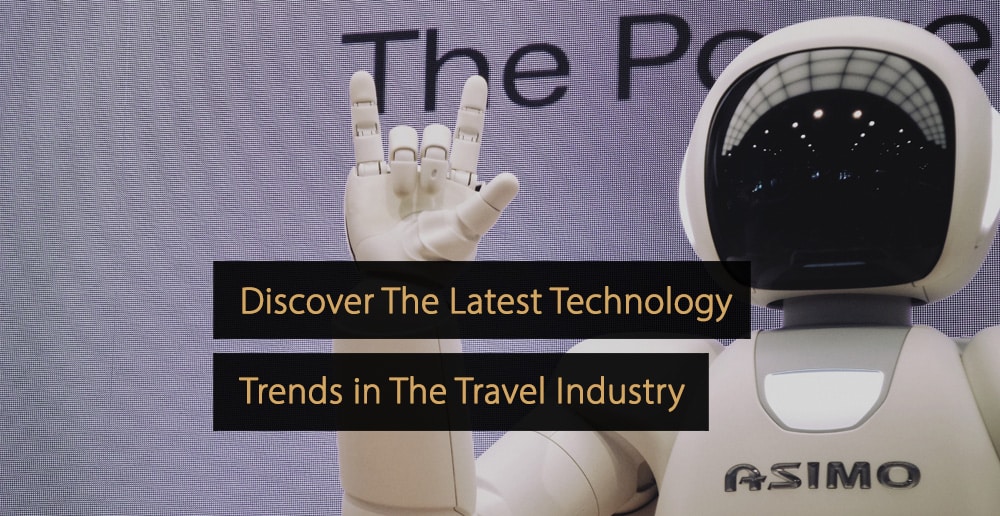
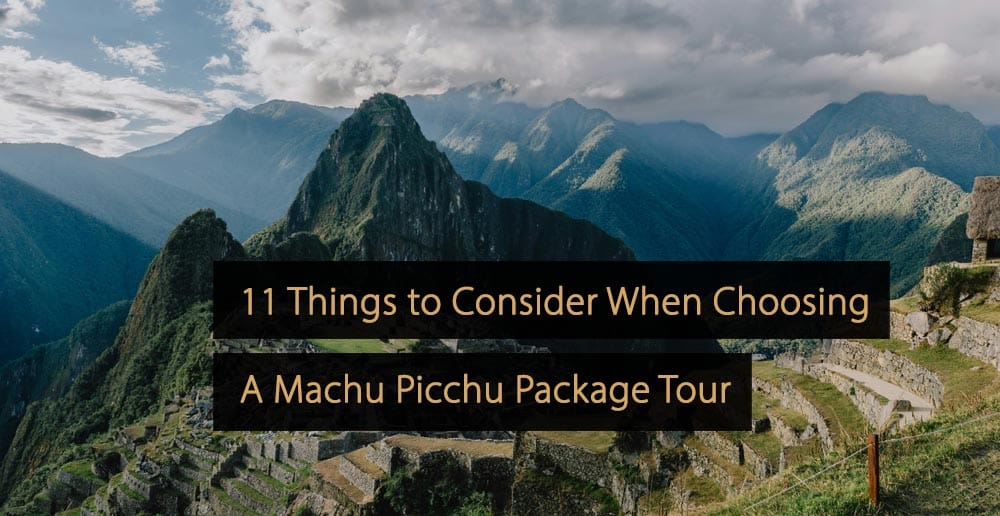
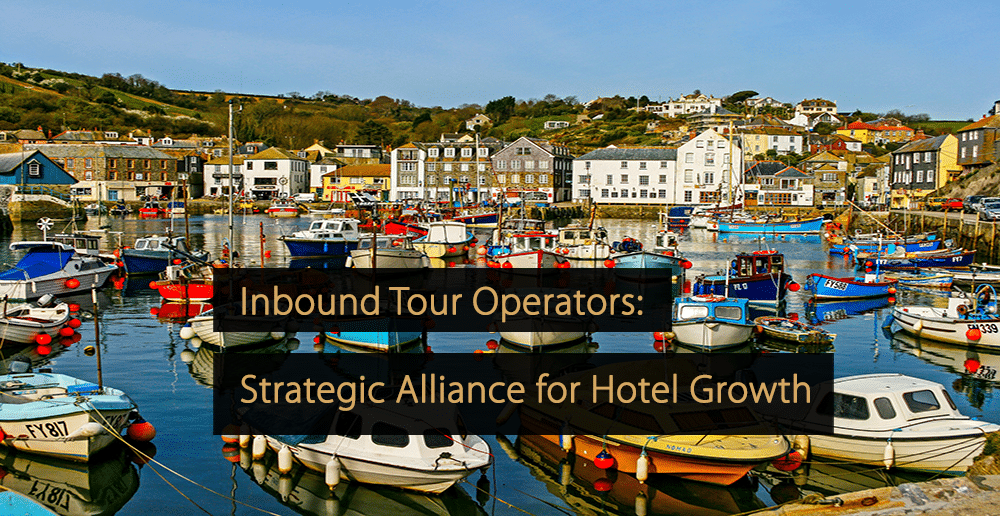
Leave A Comment